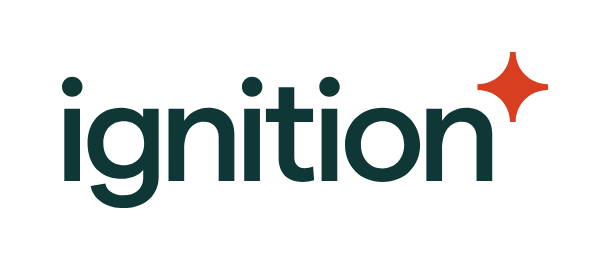However, as the years have passed, what has become clear is that fixed fee billing is not a shiny new trend that will fade away. Instead, I have seen a steady shift towards upfront pricing models in firms, particularly fixed fee pricing, with more firms adopting this model every day and implementing smarter ways to price and protect their revenue.
Those adopting fixed fee pricing will have their own reasons. For me, the primary reason is that it is a better way of doing business. Pricing upfront isn't a better business model because it dupes clients into paying more. It's not just about being a “modern firm” and not just for the tech savvy accountant. It’s about transparency, efficiency and value—all foundational items that form the cornerstone of strong client relationships leading to a stronger business.
How did I go about implementing a fixed fee model?
Implementing fixed fee billing required a shift in my focus as an accountant from “where did I spend my time” to consider instead:
- what services am I providing my client
- what are the deliverables and
- what are the outcomes for the client and the firm.
This is a client-centric approach to generating revenue. Once I changed my mindset, I began to think as a future business owner instead of just a professional service provider. When you think like a business owner, fixed fee pricing makes much more sense than time billing.
Upfront pricing is exactly what it sounds like. It involves explaining to a client at the beginning of an engagement, how much they will be charged for the services they will receive. When I started putting pricing at the beginning of a conversation, instead of surprise billing at the end, several great things started to occur for me and my clients:
- Complete transparency over price - my clients now know how much money they will need to pay, and I know what revenue I can expect to receive.
- No more time is wasted working on a job for which I may not be able to get paid for - No wasted time by either party if we don't agree on the value or price of the services that will be provided.
- Eliminating fee disputes - By including my fixed fee in my engagement, I remove the risk of a fee dispute. So long I deliver what I promised, of course.
- Clear service deliverables - Service deliverables are now clear, so my clients know what to expect, and I know what I need to do.
All of these items have removed anxiety and risk from my day to day as an accounting firm owner. They have provided the clarity I need to plan for my businesses. I’m able to confidently plan out the revenue in the business and prepare more reliable cash flow, profitability and capacity forecasting. Taking all that great advisory work that I do for my own clients, and doing for my own business.
Once upfront pricing in my practice was fully implemented, the process evolved into an ongoing conversation about services with clients, with their engagements regularly assessed to:
- ensure it still included the appropriate services & fee amounts,
- to consider what opportunities there are for new services
- to reconfirm my engagement.
I see more of my clients now expecting this process as standard, and not just because others may be doing it, but because they are getting smarter about their own businesses. The advent and adoption of cloud accounting technology mean clients are more in touch with their numbers than ever. They want certainty and clarity over their expenses, and we are one of those items on their profit and loss.
The only time I ever receive push-back on invoicing now, is when I’ve broken my own rules and send a client a surprise bill. Especially when there was no expectation it was coming, or it exceeded an amount they were mentally expecting or prepared to pay at the end of the job. For that reason, I just don't do this anymore.
What next?
Whilst changing to a fixed fee model may seem daunting—and we can all come up with a million reasons not to take the leap—I have seen the conversation in our industry shifting from “I don't want to implement fixed fees” to “I don't know how to.”
What I want to say is that, it's probably not as hard as you think to implement. All you need are the right tools to start the journey and then practice implementing. You will find that every time you have a conversation about price or prepare a fixed fee engagement it will become easier, and soon enough it will be second nature.
------
Have you thought about changing to a fixed fee model but don't know where to start?
In partnership with Xero, our team at Practice Ignition have created a comprehensive playbook to help you successfully transition to a fixed fee model.
Covering from how to get started with client engagements, to figuring out what to charge for your services, our nine playbook guides are filled with actionable tips and helpful advice.
>> Get started now - subscribe to receive our 9 weekly guides <<
------
About the author
Rebecca Mihalic is an Australian Registered Tax Agent and a Chartered Accountants Australian & New Zealand member. Rebecca was a founding partner of Aptus Accounting & Advisory, a cloud-based accounting firm and the winner of ‘Innovator of the year’ at the 2018 Australian Accounting Awards for their use of technology to support clients & the firm’s growth. Rebecca is currently a director at businessDEPOT and leads the group's Sydney operations. In recent years Rebecca has earned a reputation for her leadership in the accounting industry, winning ‘Thought leader of the year’ in the 2021 Australian Accounting Awards.
Founded in 2013, Ignition is an all-in-one platform for professional services that empowers businesses to get paid...
 Login
Login









You are not authorised to post comments.
Comments will undergo moderation before they get published.